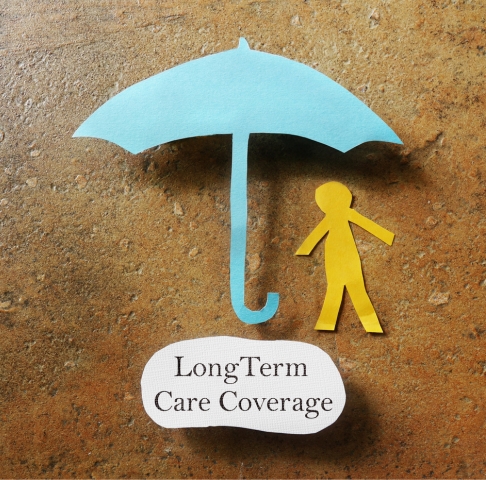Travel has become more accessible to people regardless of age or physical condition, and today, seeing the world is becoming less limiting even when we’re in our advanced years.
Take my parents for example, who are in their golden years but still take every opportunity to explore the world – whether by plane or cruise – chalking up an average of eight trips a year. Whether it’s a weekend trip to Malacca, month-long holidays in New Zealand or eating their way through Hong Kong, they truly embody the idea of wanderlust.
However, I find myself increasingly concerned for my ageing folks’ safety when I’m not with them on their adventures – especially trips they take on their own.
Take for example my dad’s recent escapade to Chiang Mai: a regular golfing holiday with his friends which shouldn’t have been anything to worry about, except he called two days into his trip to report a fall in the hotel bathroom, which resulted in a wound on his foot (not great for a diabetic 68-year-old) and pain in his feet.
Upon his return to Singapore, doctors uncovered a multitude of other injuries (all of which went unreported by a particularly stubborn man who’s resistant to seeing doctors) including other issues with his shoulders and feet such as bone spurs and an avulsion fracture!
Note:
An avulsion fracture is a fracture which occurs when a fragment of bone tears away from the main mass of bone due to physical trauma. In small fractures, it is treated with rest and support bandaging – in severe cases, it requires surgery.
Understandably, it was a diagnosis which required X-rays, CT scans, medication, follow-up treatment and customised insoles to support his feet.
Personal accident or travel insurance?
Before we talk about why both are crucial for one such as my elderly dad, here are the key coverage differences between personal accident and travel insurance Questions to ask before buying travel insurance (singlife.com)
At first glance, my dad’s travel insurance coverage would come in handy for most of the incurred costs or inconveniences – such as medical bills, penalties for cancelling a golf course booking, changing the date on his flight ticket home and further treatment needed after returning home.
However, there are a few caveats to my dad’s situation.
Travel Coverage limitations
With elderly travellers, recovery is often not linear, especially if we consider the likelihood of preceding health issues. If they face any medical issues during travel, they may require a longer period of observed recuperation after, to ensure they heal properly and go back to being pain-free.
Such was the case with my dad, who had to continue seeing TCM (traditional Chinese medicine) practitioners, orthopaedic specialists and physiotherapists.
Although my parents have wisely paid more for a premium travel coverage, there are still exceptions.
For example, even though his insurer allows a 100% claim, this is limited for up to 60 days post-return to Singapore. This presents a challenge for his medical bills related to physiotherapy or follow-up appointments, which extenuate past the time frame of his travel coverage, and we have yet to consider the aches which aren’t directly correlated to his fall during the trip.
Keeping it personal
In this situation, we were assured by our insurance adviser that my dad’s personal accident insurance can be used as an additional layer of protection to complement his travel insurance plan.
By overlapping their coverages and not their claims, his personal accident plan can help fill in the gaps and we don’t have to fork out huge amounts of cash upfront even if any of his treatments aren’t covered under his travel plan or extend past the 60-day cap.
For example, the customised shoe insoles my dad now needs can’t be covered under a travel claim, since the bone spurs are due to age-related degeneration and his strains during golf – not caused by falling in a hotel bathroom. With his personal accident cover, he can make a claim for them.
Do we need both?
To be unstoppable, we should be prepared for anything and everything – this is a universal precaution at any age.
Whether used individually or together, both travel and personal accident insurance are undoubtedly helpful to ensure peace of mind against bills which may pile up when we least expect it. This is especially so if we consider that some elderly in our community don’t have large amounts of disposal income for unexpected medical bills – this shouldn’t mean they can never travel or go on adventures!
My parents love to travel, and nothing can stop them from doing so, even when there’s more to take into consideration – as their child, I find myself more at ease knowing that personal accident coverage will come in handy if their travel insurance ever falls short.
While it is possible to get the best of both worlds (to some extent) when it comes to insurance coverage, it’s important to review your policy to ensure it shields you where and when it counts, so you can be free to live out your nomadic adventures at any age.
All I hope for is that this is a lesson learnt for my dad, who never believed in the necessity of his insurance plans!








